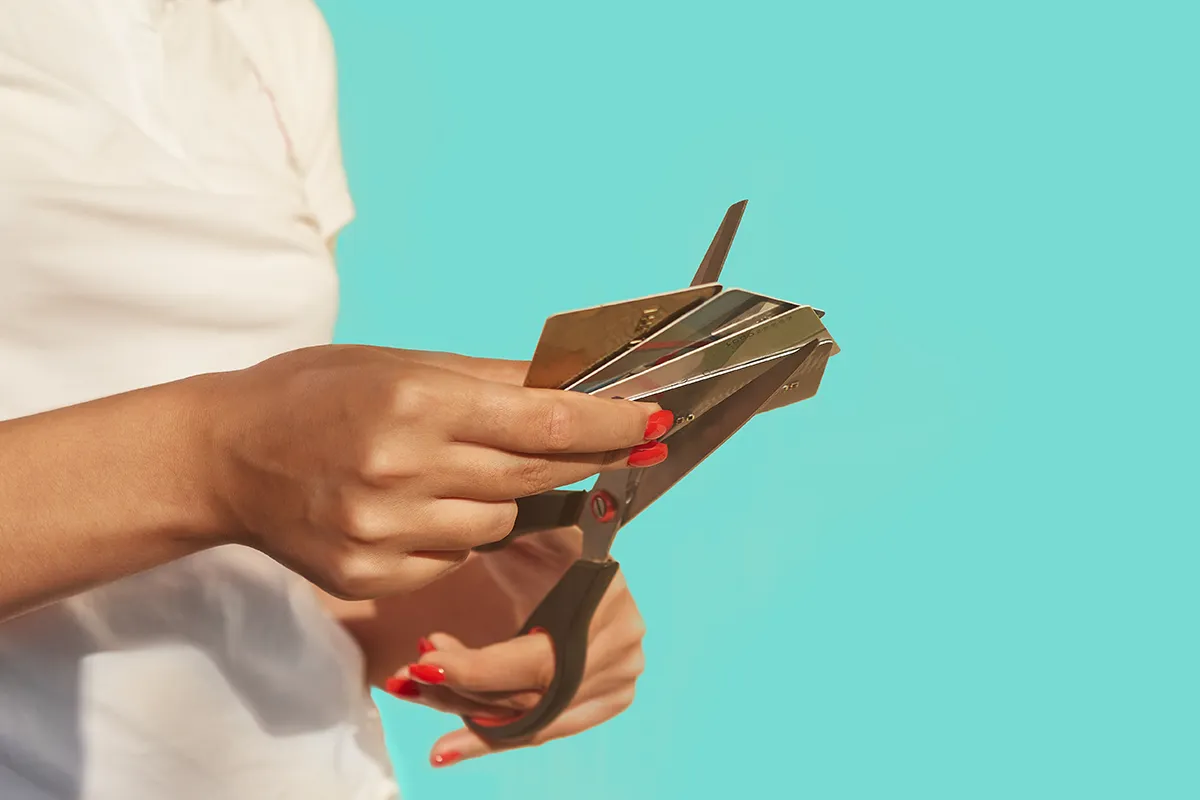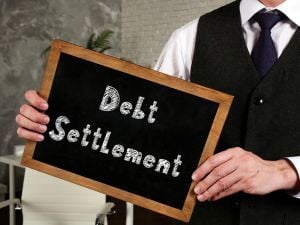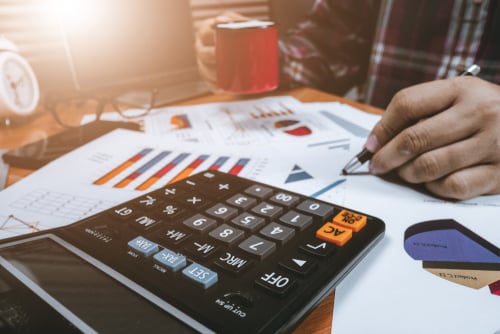What is Unsecured Debt?
Unsecured debt refers to a debt or similar financial obligation that is not collaterally backed – the debt is not backed by property such as a house or automobile that can be seized in the event of non-payment or bankruptcy.
Debtors who fail to repay unsecured debt are not subject to loss of property unless and until the creditor files a lawsuit and obtains a court judgment. There are many forms of unsecured debt – in fact, most debts are unsecured – with the exceptions of home mortgages and auto loans.
Common forms of unsecured debt include credit cards, point of sale retail financing, personal installment loans, student loans, medical bills and personal lines of credit.

Characteristics of Unsecured Debt
Because the nature of unsecured debt is riskier to the lender (there isn’t any collateral for the lender to seize in the event of non-payment), interest rates on unsecured debt will be higher than interest rates associated with secured debt.
If a borrower of unsecured debt does not repay, the lender stands to lose the entire amount of the outstanding balance at the time of default. In the event of borrower bankruptcy, unsecured creditors have a general claim on the assets of the debtor, but only after any collateralized assets have been assigned to secured creditors. Consequently, unsecured creditors will often recover only a small fraction of their claims relative to what secured creditors recover.
Remember, because unsecured debt is not backed by any collateral, creditors will make lending decisions primarily on a potential borrower’s ability to re-pay as illustrated by the borrower’s credit score and profile.
Compared to secured debt, borrowers should anticipate higher interest rates at less favorable terms and lower borrowing limits with unsecured debt to compensate lenders for taking on the additional risk.
ABC
What Happens If I Don't Pay Back Unsecured Debt?
When an individual falls delinquent or stops paying unsecured debt, a number of things happen. Late payments on credit cards often incur fees, and payments that are more than sixty days late will usually get reported to the three major credit bureaus (Experian, Equifax and TransUnion), resulting in damage to a credit score and profile.
Credit score damage, in turn, leads to a diminished capacity to obtain additional credit at favorable terms – whether it be unsecured or secured debt. Creditors of unsecured debt can also turn the debt over to a collection agency who will (often aggressively) attempt to force repayment from the delinquent debtor.
Creditors can also file a complaint in State or Federal court and serve the debtor a copy of the complaint in an effort to obtain a court judgment. A debtor can answer the complaint and contest the lawsuit well before any judgment is ultimately entered.
What Happens if a Creditor Obtains a Judgment?
If a creditor is successful at obtaining a judgment against an individual who has left unsecured debt unpaid, a number of things can happen. First of all, the individual may be subject to discussing under oath specific personal financial details related to income, assets and liabilities.
The creditor can then pursue wage garnishment, as well as bank account seizure, along with the attachment and sale of any real estate and/or personal property.
These collection remedies are governed by state law and will vary. However, it would be foolish to think that skipping out on repaying unsecured debt does not come with real consequences. At the very least, a damaged credit score and late fees are a virtual certainty. Then there’s the issue of collection agencies getting aggressive with you in an effort to force you into repayment.
Finally, in the event of a court-ordered judgment, wage garnishment and liens placed on any personal assets remain very real possibilities until the debt is repaid.

Get Debt Relief
Speak with licensed debt specialists dedicated to guiding you toward financial stability every step of the way.

Ready To Get Started?
See if you qualify for debt relief. Get a Free savings estimate to see how quickly you can be debt free.
Embrace financial freedom with our tailored solutions, expert guidance, and unwavering commitment to your success.
Experienced Professionals
Our experienced team has helped thousands of clients successfully eliminate debt and regain financial freedom.
Customized Solutions
We know every financial situation is different, so we design personalized debt relief plans to fit your specific needs and goals.
High Success Rate
Our proven debt relief strategies deliver real results. With a strong track record of success, we help clients achieve lasting financial stability.
Confidential Consultation
Your privacy is our priority. All debt relief consultations are 100% confidential and handled with the highest level of discretion.
Explore other blogs











